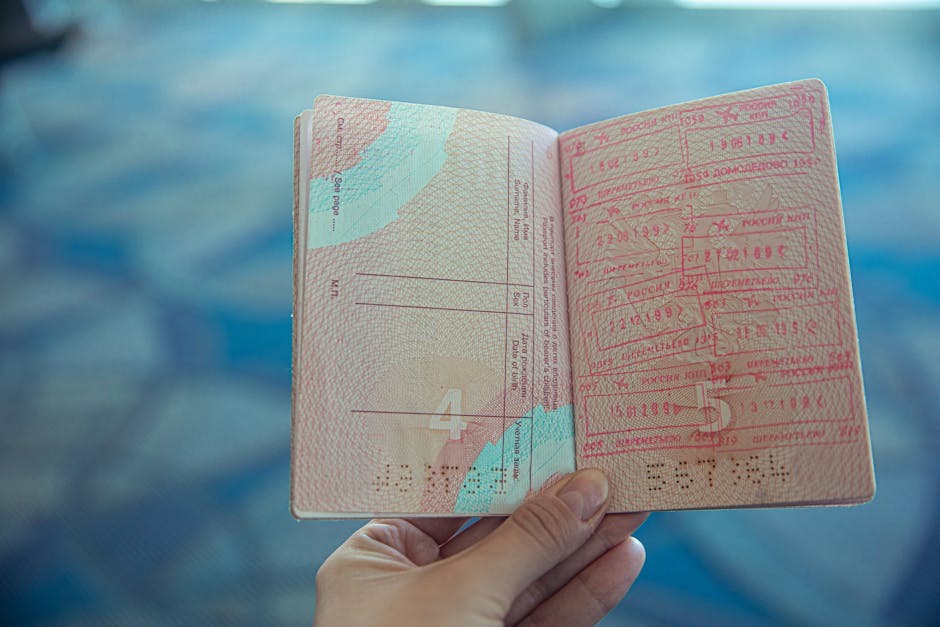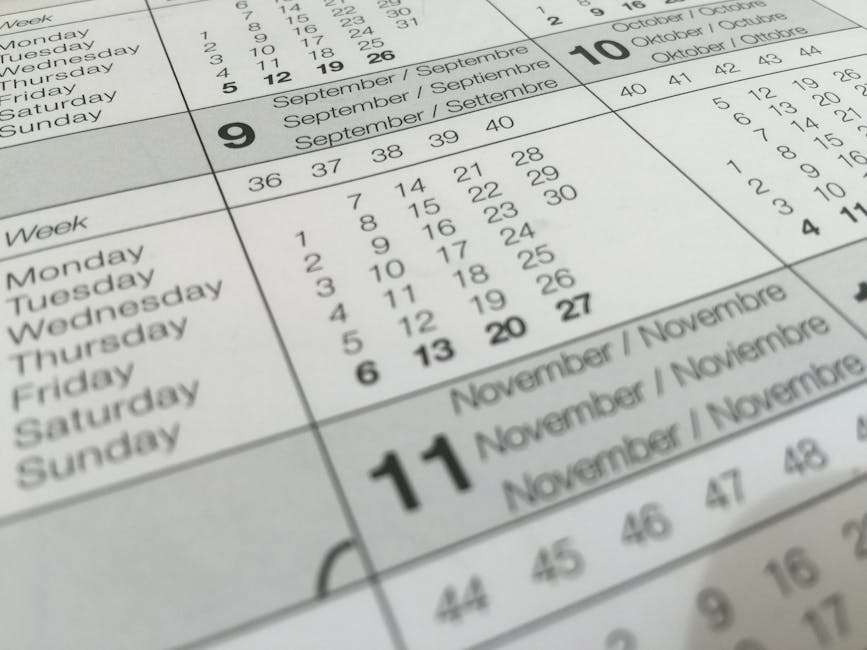H-1B Visa Row: US Outfits Sue to Halt Trump’s $100K Entry Fee; Indian Among Plaintiffs
In a significant escalation of the U.S. immigration debate, a coalition of American businesses and organizations, including an Indian national, has filed a lawsuit to block the Trump administration’s proposed $100,000 entry fee for certain H-1B visa holders. Announced earlier this year as part of a broader effort to tighten immigration rules, the policy has drawn sharp criticism from the tech industry and immigrant advocacy groups alike.
The lawsuit, filed in a federal court in California, argues that the hefty fee is unlawful, discriminatory, and harmful to the U.S. economy. Among the plaintiffs is Rajesh Kumar (name changed for privacy), an Indian software engineer who has been working in the U.S. on an H-1B visa for five years. Kumar fears the fee would make it nearly impossible to renew his visa and continue his career in the U.S.
“This fee is not just a financial burden; it’s a barrier to opportunity,” Kumar said. “The U.S. has been a land of dreams for many of us, and policies like this threaten to shatter those dreams.”
The $100,000 Fee: What’s at Stake?
The proposed fee targets H-1B visa holders applying for extensions or renewals and working for companies with a significant number of foreign employees. The Trump administration claims the measure protects American jobs and encourages companies to hire U.S. citizens. Critics, however, argue it unfairly penalizes skilled foreign workers and the businesses that rely on their expertise.
The H-1B visa program, which allows U.S. companies to employ foreign workers in specialized fields like technology, engineering, and medicine, has been a cornerstone of the American tech industry. Companies like Google, Microsoft, and Amazon have highlighted its importance in filling critical talent gaps. Yet, the Trump administration has consistently sought to curtail the program, citing concerns over wage suppression and job displacement.
The Legal Battle
The lawsuit, led by the American Immigrant Lawyers Association (AILA) and several tech industry groups, contends that the $100,000 fee violates the Administrative Procedure Act, which governs federal agency regulations. The plaintiffs argue the Department of Homeland Security (DHS) failed to justify the fee or follow proper procedures in implementing it.
“This fee is arbitrary and capricious,” said Sarah Pierce, a policy analyst at the Migration Policy Institute. “It appears to be more about deterring immigration than addressing any legitimate policy concern.”
The lawsuit also highlights the disproportionate impact on Indian nationals, who make up nearly 70% of H-1B visa holders. For many, the fee would be financially insurmountable, forcing them to leave the U.S. and disrupting their careers and families.
Broader Implications
The legal challenge comes amid heightened tensions over U.S. immigration policy. The Trump administration has implemented several measures to reduce legal immigration, including stricter H-1B eligibility criteria and a suspension of certain work visas. These policies have faced backlash from businesses, advocacy groups, and even some Republican lawmakers, who argue they undermine America’s ability to attract global talent.
The lawsuit’s outcome could have far-reaching implications for the H-1B program and U.S. immigration policy. A ruling in favor of the plaintiffs could strike a blow to the administration’s efforts to restrict legal immigration, while a ruling for the government could embolden further restrictions on skilled foreign workers.
As Rajesh Kumar and thousands of other H-1B visa holders await the court’s decision, the stakes are high—not just for them, but for the future of innovation and opportunity in the United States.
Stay tuned to NextMinuteNews for updates on this developing story.




